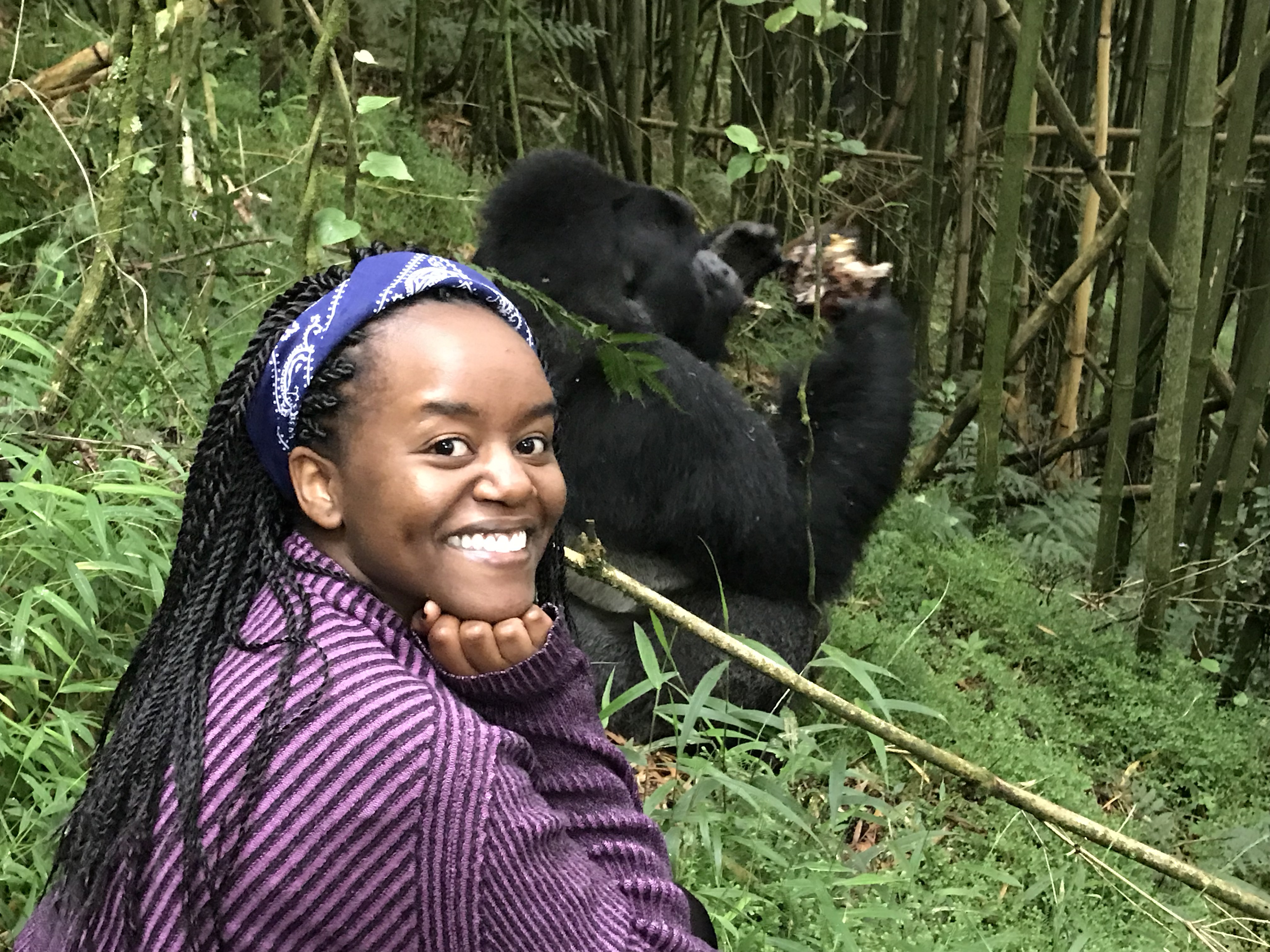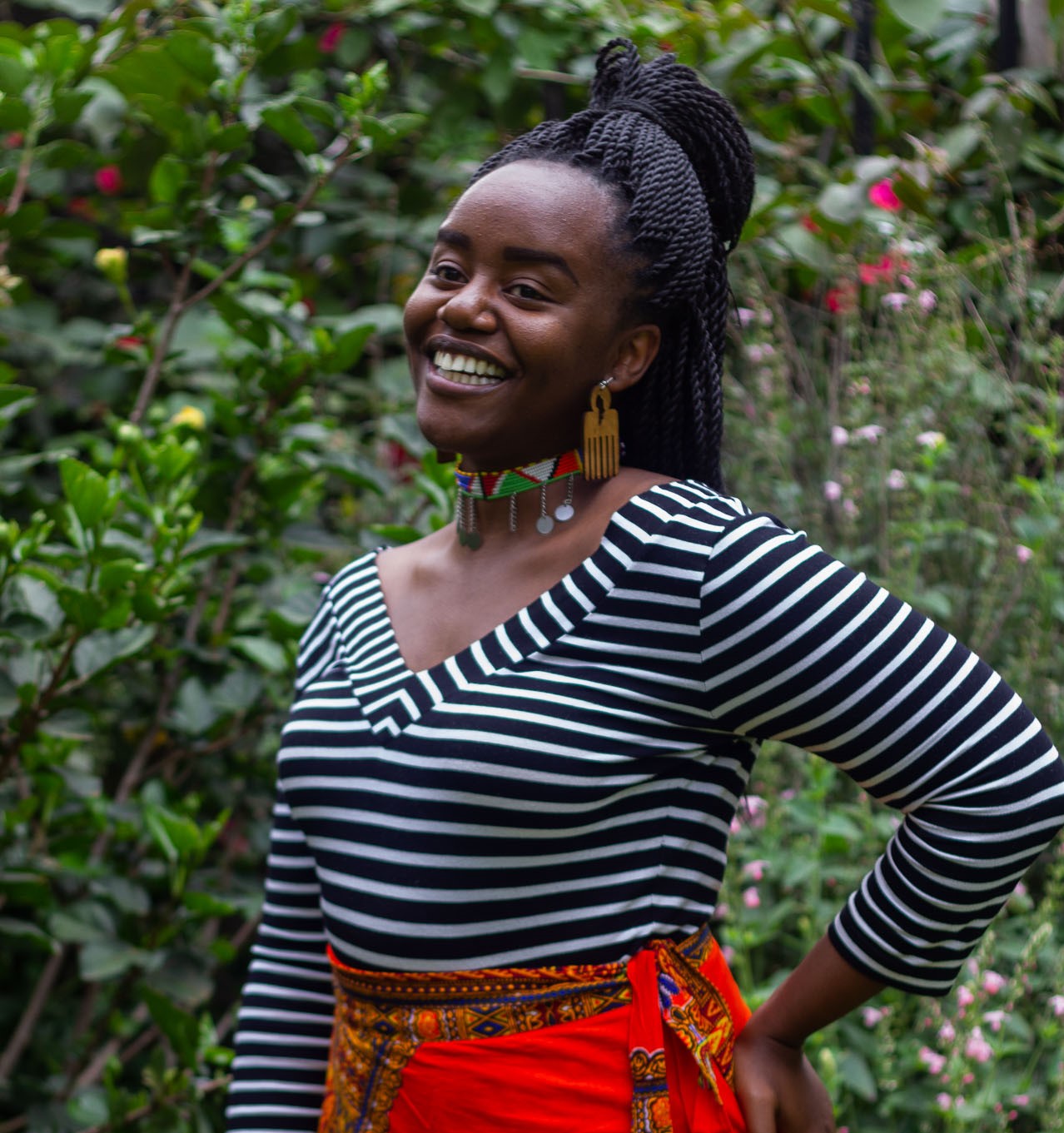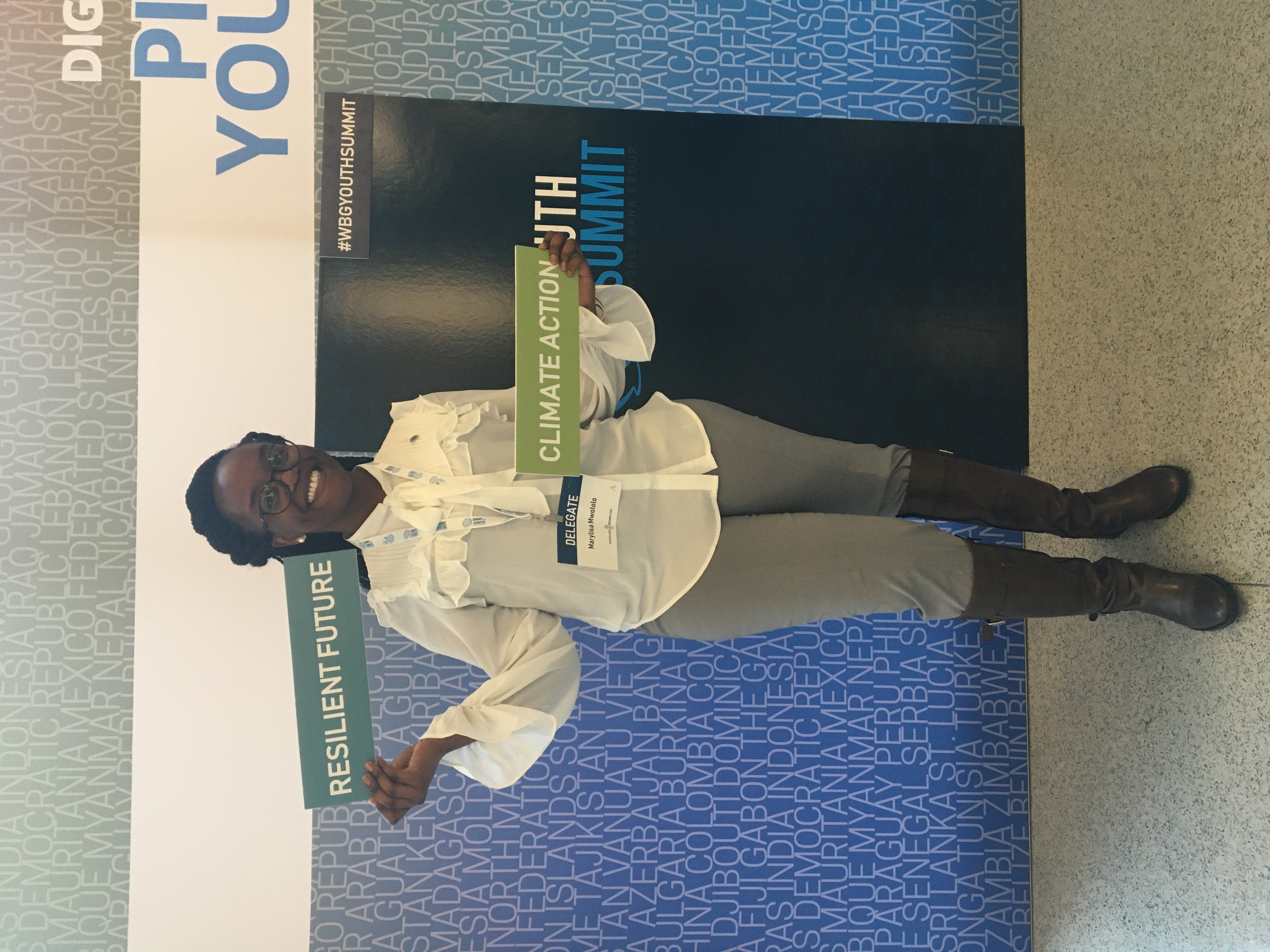
CEE Spotlight: Mwende Mwololo
By CEE DEI Committee
What drew you to Civil and Environmental Engineering?
While growing up, my parents nurtured my siblings and I in an innovative environment where we learned how to fix things at home. Later on in high school, I was awarded the best student in Physics for two consecutive years, so I decided to leverage my strengths.
I was particularly drawn to Civil and Environmental Engineering because despite my home country of Kenya emitting less than 1% of the global greenhouse emissions, it is ranked among the top 10 most vulnerable countries to experience the impacts of climate change according to the World Economic Forum. I hope that Environmental Engineering will equip me with skills that I can apply to innovatively build a climate-resilient planet.
How did/does your identity influence your decision to pursue engineering/STEM?
On a personal level, I could say I was comfortable pursuing engineering because my father trained as an engineer earlier in his career. However, as a young, black, African, female in STEM, choosing to pursue and remain in STEM was intentional because there aren’t many of us at the table designing and deploying solutions to global problems.
How did your lens on diversity, equity and inclusion take shape both as you grew up and as you entered adulthood and academia?
Since high school, I have been involved in a lot of volunteer work and community-based projects with youthful organizations both locally and internationally. Unfortunately, the recurring theme is the gap, the gap between a girl and access to quality education, the gap between a lady and her paycheck, the gap between a woman and the boardroom and the gap between a female graduate student and publication. Close the gap; include women.
What positive experiences have you had at CMU that you would hope others would have?
Thankfully, many!
One of my best experiences at the moment is being part of the inaugural class of a course offered this spring - Engineering and Social Justice. Besides the technicality of the profession, engineers should also challenge their perception and make equity and social justice a central point of concern and a driver of decision-making.
In your position as an graduate student, how do you advocate for inclusion?
It starts with you and I being aware of our unconscious biases, then communicating and managing the biases. At a high level, I’d definitely advocate for long-term resource allocation for sustained inclusion. There are hundreds of thousands of youthful talented minorities but their biggest barrier to entry is inadequate funding.
Do you have any advice for incoming (students, faculty, staff)?
Be kind, you won’t regret it.


